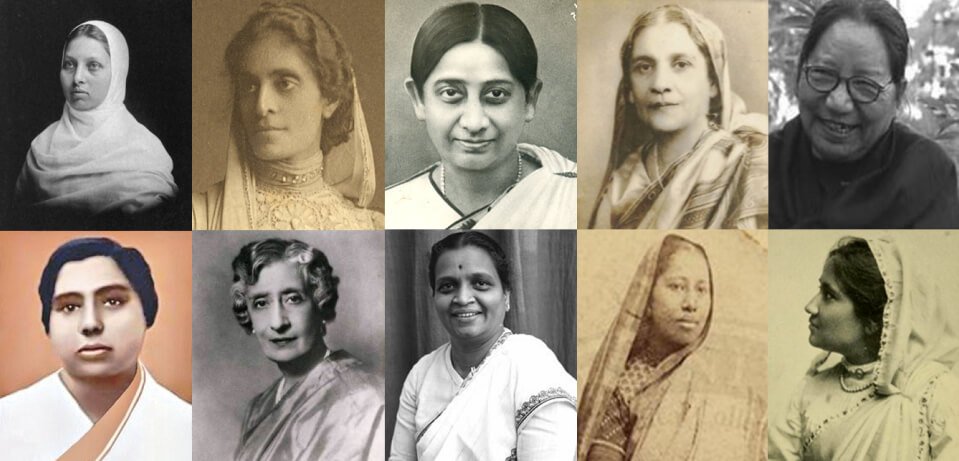
Effectiveness of Public Representatives
The research work endeavors to conduct a close and comprehensive study of Public Representatives in India in terms of their productivity and performance. It seeks to scrutinize the amenities provided to them and do a comparative study of the same with other countries to adopt the best practices. A part of the research work also seeks to develop a digital dashboard to measure their performance over various parameters and come up with a final Performance Score.

Process Rationalization Policy
Over the past few decades, governance in India has been weighed down by excessive government formalities and bureaucratic indifference which has introduced red- tapism into the system and curtailed its reach out to people across the country. Rationalization of processes is key to effective and efficient governance and it is an urgent necessity to bring equality. Government regulations can be simplified through elimination of unwanted practices, rules and laws, and by reducing internal official burden on government servants. Regulations should also be periodically reviewed to make them contemporary.

National Agriculture Policy

Role of Music and Sports in Education
Howard Gardner, an American psychologist challenged the view of the existence of a single intelligence and gave the Theory of Multiple Intelligence which suggests that ‘humans have several other significant intellectual capacities,’ ranging from logical-mathematical, spatial, linguistic, interpersonal, intrapersonal, Bodily-Kinesthetic, Musical, Naturalist, Existential to Spiritual Intelligence. Every individual has a ‘Unique Individual Potential’ which can be unlocked by applying the Theory of Multiple Intelligence. We are here attempting to understand the role of music and sports in education and how exposure to music and sports at an early age leads to the cognitive development of children, unlocking the potential of each individual, leading to their academic success and growth in career.

Why Ph.D.?

D-82

Problems Police are facing in India

Cost of not doing Judicial Reforms in India
The research work endeavors to determine the cost the nation is paying for not having judicial reforms. It aims to calculate the costs borne by all stakeholders in the judiciary, with a particular emphasis on litigants. In terms of loss, it seeks to study the business loss, losses incurred by corporate entities, mental health and loss to the GDP of our country due to defunct properties because of perennial litigation. The research work will deliver the cost of not doing judicial reforms and the cost or investment required to do judicial reforms, and it will provide recommendations as well.

Cost of Living Index in India
India is a country of vast cultural and topographic diversity; with that comes differences in tastes and preferences, habits and consumption levels. Determining CPI (Consumer Price Index) by grouping Indians based on their occupation in rural and urban areas might fail to capture the true value of consumption and expenditure. The Cost of Living Index (CLI) aims to determine the cost of living in India by considering the magnitude of variances or differences in consumption patterns at the ground level of our country based on needs and preferences.

Responsible Citizens’ Index

7 Regional Wonders of India
India is endowed with incredible history, Culture, and landscape, and has some of the most extravagant places in the world. In order to explore and promote these rich places, World Intellectual Foundation came up with the idea of having ‘Regional Seven Wonders’, in each state of India. The idea will be inspiring diverse areas, including stimulation of local economies, infrastructure development, investments, employment opportunities, tourism, economic development and the like.

Work-Health Balance
We often talk about ‘Work-Life balance’. However, ever since the world has been engulfed with Covid-19, the focus has shifted on health and we have realized that both work and various aspects of life revolve around health. A healthy body and mind are more productive, happy and aids in unlocking one’s potential. Thus, our research work on ‘work-health balance’ aims to change the paradigm from work-life balance to work-health balance thereby aiding humans to lead a satisfied, happy life.

Contribution of Women in India

India-Middle East-Europe Economic Corridor
An attempt to provide a comprehensive and critical examination of the IMEEC initiative and its potential to influence the trajectory of globalisation. It aims to provide valuable insights for readers seeking to understand the evolving dynamics of global development and the role of major infrastructure projects in shaping the future. Further, this research work delves into the implications and potential of the IMEEC (India –Middle East –European Economic Corridor) initiative in the context of global development and the ongoing debate surrounding slow-balization.
